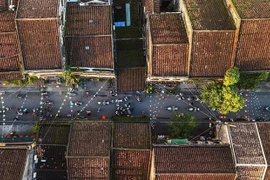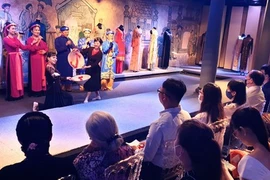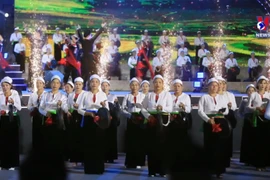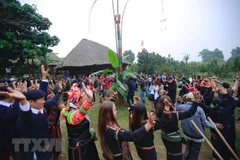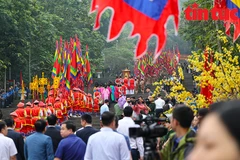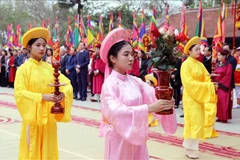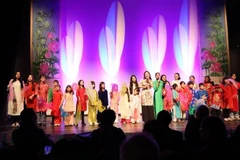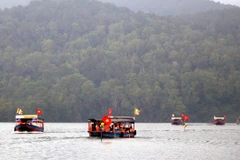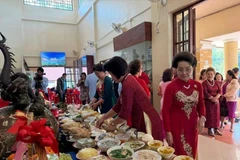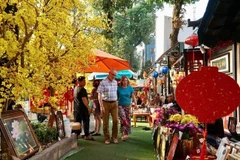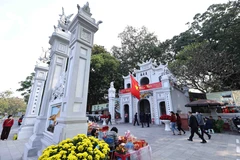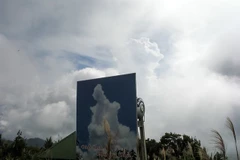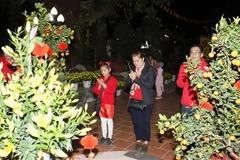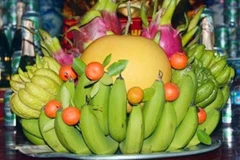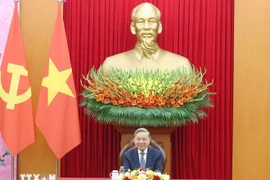Hanoi (VNA) - A workshop on preserving and promoting the value of world heritage sites in Vietnam in the post-COVID-19 period is scheduled to take place in Hoi An, central Quang Nam province, this month, according to the Ministry of Culture, Sports and Tourism.
Jointly hosted by the Cultural Heritage Department of UNESCO Office in Hanoi and the Hoi An Centre for Cultural Heritage Management and Preservation, the event aims to assess the management of world heritage sites in Vietnam and propose solutions to protect and promote the values of world cultural and natural heritage after the COVID-19 pandemic.
Measures to manage world cultural and natural heritage in Vietnam in accordance with the World Heritage Convention, and new trends worldwide in managing, conserving and promoting the world's cultural and natural heritage values will also be put on the table, the ministry said.
Activities to celebrate the 50th anniversary of the 1972 UNESCO Convention concerning the Protection of the World Cultural and Natural Heritage will also be organised within the framework of the workshop.
Vietnam has a large number of heritage sites that are an invaluable cultural asset to the community and the nation, and contribute to national socio-economic development.
Vietnam boasts over 10,000 provincial-level relics, nearly 3,600 national relic sites, and 119 special national relic sites. A total of 396 intangible cultural sites in the country are recognised as national intangible cultural heritages, while eight world natural and cultural heritage and 14 intangible cultural heritage sites have been recognised by UNESCO.
Vietnam's heritage is protected by UNESCO’s conventions such as the 1972 UNESCO Convention concerning the Protection of World Cultural and Natural Heritage, the 2003 Convention for the Safeguarding of the Intangible Cultural Heritage, and legal regulations.
Hoi An, one of the most popular destinations for international tourists, was officially recognised as a world cultural heritage by UNESCO on December 4, 1999./.

